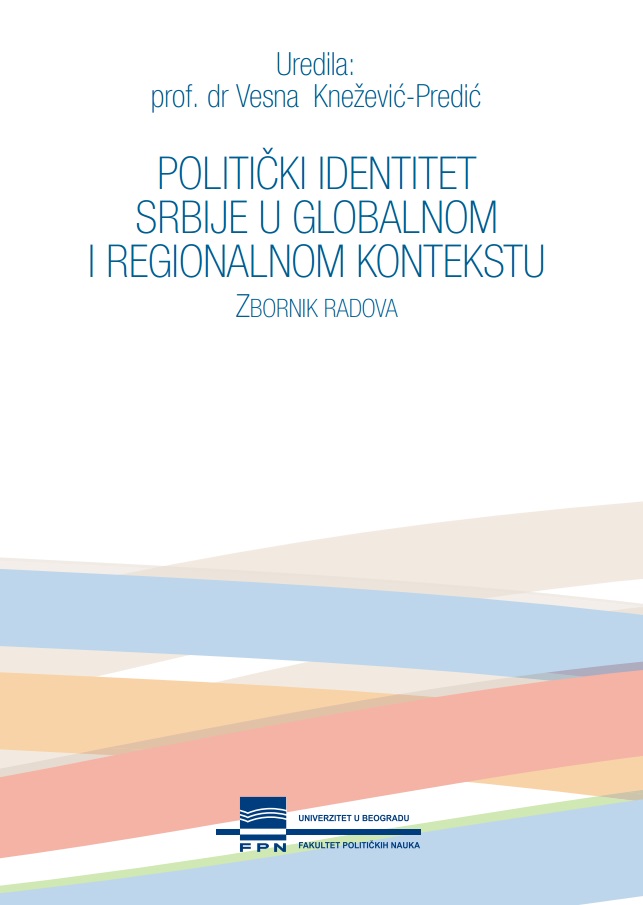Političar i politički identitet
Politicians and Political Identity
Personal Identity in Politcs
Author(s): Čedomir Čupić, Milica S. Joković Pantelić
Subject(s): Political Philosophy
Published by: Fakultet političkih nauka Univerziteta u Beogradu
Keywords: identity; personal identity; collective identity; consistency; predictability; singularity; political identity; professional identity; responsibility; identification
Summary/Abstract: There is no personality without identity. Not only that identity is the most essential characteristic of personality, but every other identity is also based on personal identity. Personal identity is a set of an individual’s significant features. Personal identity requires certain consistency, predictability and uniqueness. Yet it is those three characteristics that are hardly adjustable to political life. Not many politicians are able to carry them and effectuate them. Politicians and politics are more comfortable with collective identities. For them it both a chance and an alibi to compensate the lack of willingness to maintain personal identity in a way in which such an identity requires. It is a form of hiding and losing of ‘I’ into ‘us’. Politicians in that way relieve themselves of individual responsibility, but also the responsibility of the office they hold. Politicians have a great mismatch of professional and political identity, especially having in mind that politicians cannot stick to the logic of profession, nor to rely on consciousness. It is an example how professional identity is used and misused in politics. Political identity is often tested between the change in personality and change of personality. Politicians are often prone to change of personality, but unable for a change in personality. In crisis situations, they are also able to reject personal identity and to scarify it for the interests of a group or organization they belong to. Politicians lose difference between identity and identification, i.e. they are most often prone to quickly adjust to new circumstances and then to identify even with opinions, views or orientations to which they have never previously belonged. In other words, when it comes to identity, politicians are more prone to adjusting than to personal autonomy.
Book: Politički identitet Srbije u globalnom i regionalnom kontekstu
- Page Range: 11-23
- Page Count: 13
- Publication Year: 2015
- Language: Serbian
- Content File-PDF

